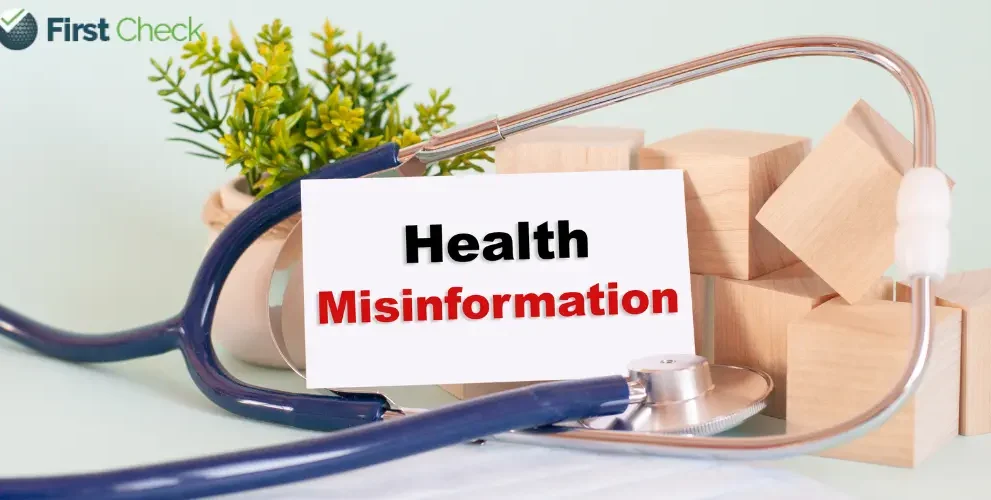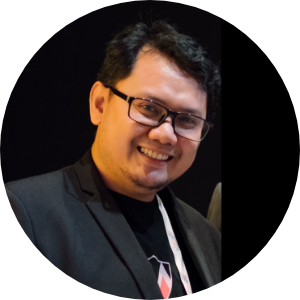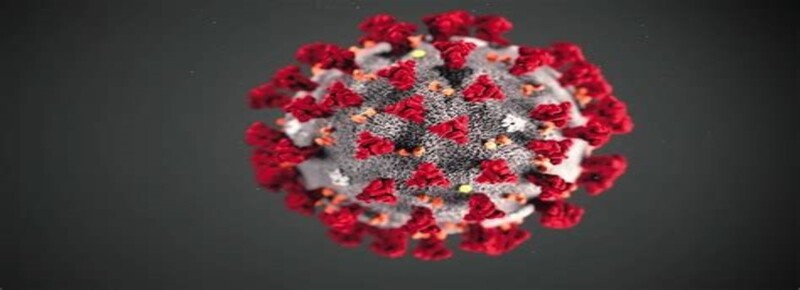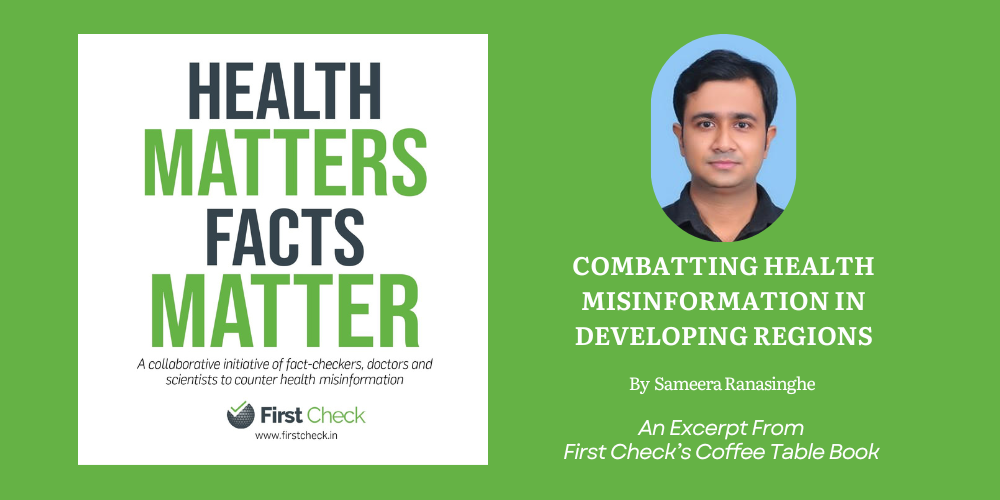Latest
Why we need to collaborate to fight health misinformation
- admin / 2 years

- 0
- 3 min read

It is crucial to address issues comprehensively, combining efforts to counteract industry influences, regulate fake health products, and continue promoting awareness and education.
The collaboration between media professionals and health experts has become increasingly robust, particularly in the aftermath of the COVID-19 pandemic. The pervasive nature of health misinformation during the crisis highlighted the urgent need for a united front against false narratives.
The lived experiences and shared realisation have strengthened the partnership between media professionals and health experts, as both recognise the critical role they play in countering misinformation. By working collaboratively, we can leverage diverse expertise to disseminate accurate information, foster public understanding, and contribute significantly to the broader goal of countering health misinformation. This collaboration is pivotal in creating a more informed and resilient society, better equipped to navigate future health challenges.
Learning from experience
Over the past few years, my passion for tackling infodemics and managing health-related misinformation has driven significant changes in my approach. Collaborative efforts with renowned organizations like the World Health Organization, news agencies, and service providers have played a pivotal role in enhancing my understanding of the complex landscape of misinformation. Through targeted training programmes, I’ve gained valuable insights that have refined my strategies, moving away from a trial-and-error approach to one grounded in evidence-based practices.
This collaborative learning has not only deepened my comprehension of the nuances surrounding health misinformation, but has also equipped me with a more informed and effective toolkit for countering false narratives. The experience of working alongside experts in the field has provided a nuanced perspective that allows for a more precise and impactful response.
Acknowledging the importance of mental health in this challenging endeavour, I have become more mindful of the emotional toll that engaging with health misinformation can take. This awareness has led to a more balanced and sustainable approach, ensuring that my commitment to countering misinformation remains effective, without compromising my well-being.
Problematic health narratives
In the area of public health, I see significant challenges related to misinformation about certain ailments, particularly in our part of the world. Tobacco control stands out as a distinct challenge due to the involvement of industry giants with substantial budgets to promote their agenda. The influence of these entities on government policies poses a considerable obstacle. Collaborative efforts involving all relevant stakeholders, particularly the government, become imperative in countering the impact of the tobacco industry and ensuring effective tobacco control measures.
In the case of mental health and diabetes, the persistence of misinformation is an ongoing concern, exacerbated by the proliferation of fake health products. The sale of these products not only misleads the public, but can also have severe consequences for individuals dealing with these health conditions.
Despite these challenges, there is a positive development in terms of growing awareness about mental health, particularly in the aftermath of the COVID-19 pandemic. The increased awareness has provided an opportunity to address mental health issues more proactively and diminish the stigma associated with them.
It is crucial to address these issues comprehensively, combining efforts to counteract industry influences, regulate fake health products, and continue promoting awareness and education. The collaborative engagement of stakeholders, including the government, healthcare professionals, media and the wider community, is paramount to effectively tackle misinformation and improve public health outcomes.
(The author is a member of First Check, health officer with the Ministry of Health, Malaysia, and co-founder of Medical Mythbusters Malaysia.)










